Photographs: B Mathur/Reuters Niraj Bhatt in Mumbai
After the deregulation in most countries, it has been a story of excessive competition of a commodity product (seat) with lack of differentiation that has driven several airlines to bankruptcy, some of them many times over. But the glamour of the business keeps attracting new investors to set up airlines.
Charlie Munger, vice-chairman at Berkshire Hathaway and Warren Buffett's partner, said in 2008, "The net amount of money that's been made by the shareholders of airlines since Kitty Hawk is now a negative figure."
This is saying a lot for an essential service and a business that's been in existence for nearly a century.
Click on NEXT for more...
Warren Buffett and the art of losing money in airlines
Photographs: Truth Leem/Reuters
Warren Buffett buckets airlines in the category of "the worst sort of business is one that grows rapidly, requires significant capital to engender the growth, and then earns little or no money".
Berkshire Hathaway invested in 9.25 per cent preferred stock of US Air in 1989, which it exited "in one of the recurrent, but always misguided, bursts of optimism for airlines, we were actually able to sell our shares in 1998 for a hefty gain".
Even after a decade of selling US Air, the Berkshire duo does not forget revisiting this mistake saying that their "analysis of US Air's business was both superficial and wrong".
Click on NEXT for more...
Warren Buffett and the art of losing money in airlines
The story is similar in India, and long-term investors in airlines have only lost money. Jet Airways came out with its IPO in March 2005 at Rs 1,100. It went up to Rs 1,383 the next month and since January 2006, it has not seen the IPO price. Today, it trades at a third of the IPO price. In the same period, the Sensex has gained 175 per cent.
Deccan Aviation (which became Kingfisher Airlines) went public in June 2006 at Rs 148. By December 2007, it had more than doubled to Rs 335 after Vijay Mallya's acquisition, the open offer at Rs 155 a share, and the subsequent merger with Kingfisher.
The last time it touched its IPO price was in May 2008, and since then the stock is struggling to stay in double digits. The SpiceJet stock too hasn't made money for investors since it started.
Click on NEXT for more...
Warren Buffett and the art of losing money in airlines
Photographs: Ralph Orlowski/Reuters
Besides intense competition, high fuel prices, which typically account for 45-50 per cent of operating revenues, hurt domestic carriers. Compared to global airlines, Indian airlines pay 47-65 per cent more for aviation turbine fuel due to high taxes.
Click on NEXT for more...
Niraj Bhatt: Warren Buffett and the art of losing money in airlines
The airline business in India should have been different from what it is globally, but it isn't. Domestic passenger traffic has grown four-fold from what it was in 1996. But since the industry opened up to private carriers in 1995, of the six carriers permitted to operate then, only Jet Airways has survived (it acquired Sahara Airlines in 2006).
Air India and Kingfisher Airlines may be bailed out, but the government, investors and lenders will have to come to terms with the fact that airlines are as vulnerable to bankruptcy as they are to the unfortunate plane crash.
Click on NEXT for more...
Warren Buffett and the art of losing money in airlines
Photographs: Reuters
There will only be trading opportunities for investors, but otherwise it remains a hugely cyclical business.
When Richard Branson, the owner of Virgin Atlantic, Virgin America and Virgin Australia, was asked how one can become a millionaire, he said: "There's really nothing to it. Start as a billionaire and then buy an airline."

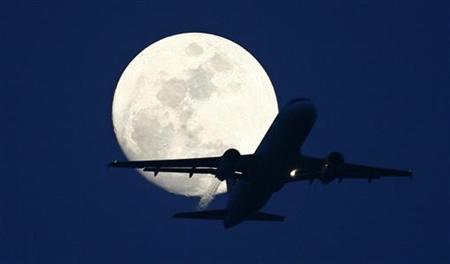
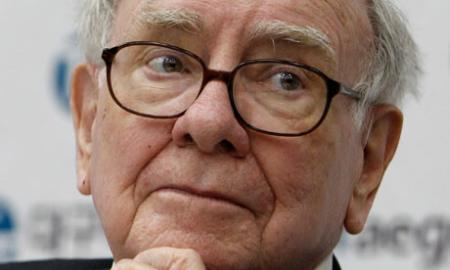

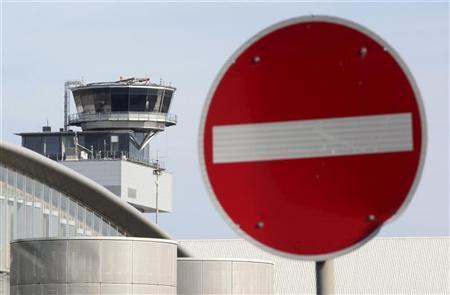
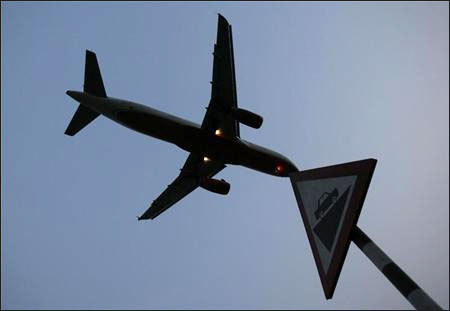
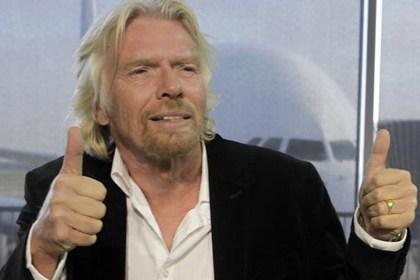

article